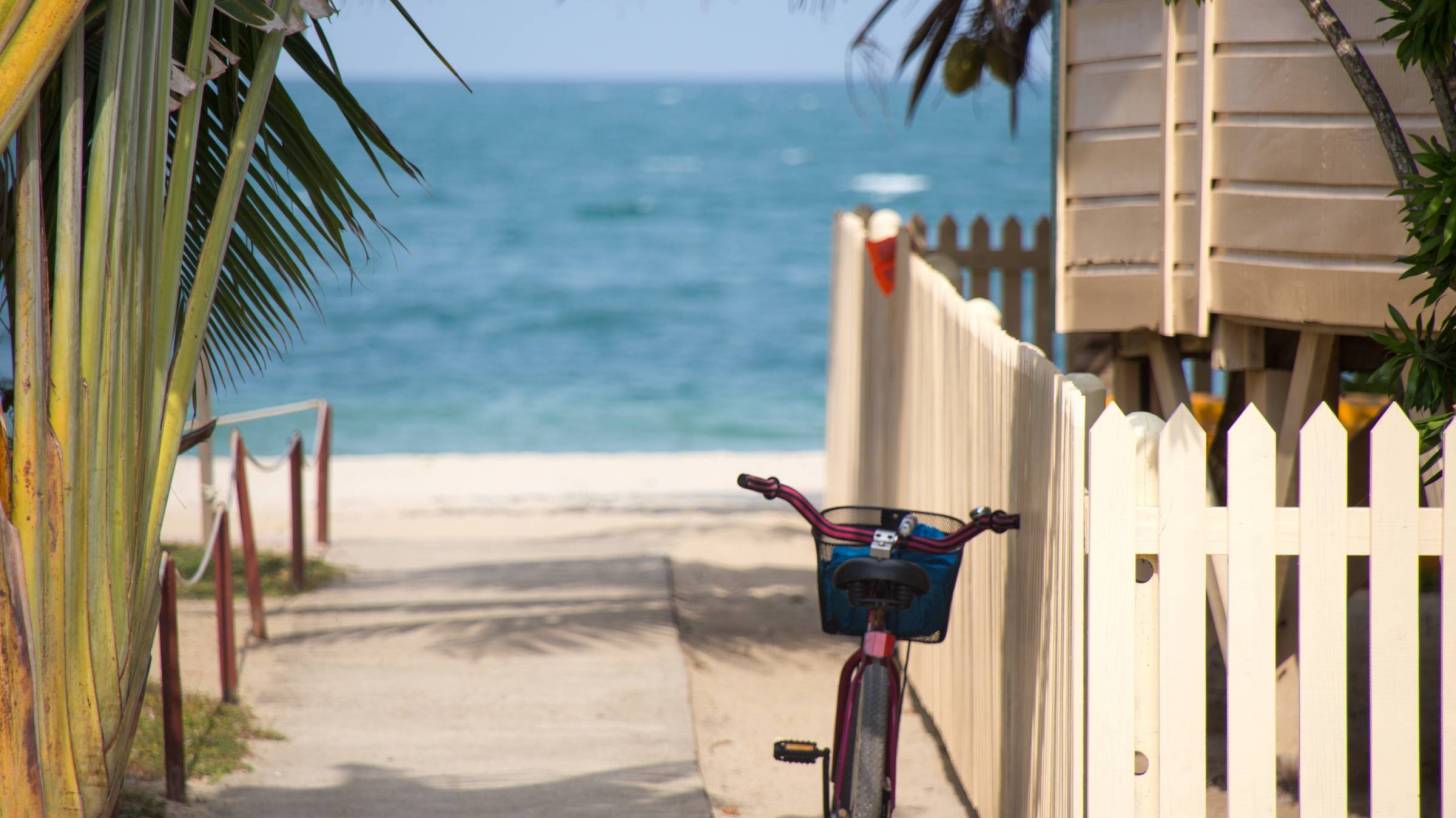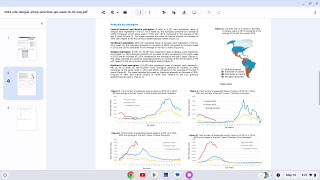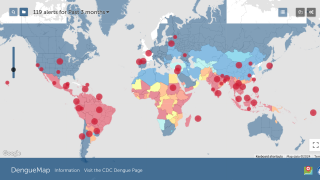Key Largo Becomes Florida’s Dengue Hot-Spot

The Florida Department of Health (DOH) recently issued a mosquito-borne illness alert following the detection of locally-acquired dengue fever cases in Monroe County, the jurisdiction that includes the Florida Keys in South Florida.
Dr. Tom Morrison, of Mariners and Fishermen’s hospitals and Advanced Urgent Care in Key Largo, said ‘Monroe County saw its first case of dengue early in the year at MM 99, bayside, in Key Largo. The individual was an isolated case and made a full recovery.’
‘We started to see more cases in June from Harry Harris to MM 106,’ reported KeysWeekly on July 16, 2020.
Separately, there have been 29 cases of dengue fever reported in individuals with travel history to a dengue-endemic area in the 2-weeks prior to onset.
The Florida counties reporting these travel-related dengue cases are Brevard, Broward (5), Clay, Collier, Duval, Franklin, Hillsborough (3), Miami-Dade (11), Orange, Palm Beach, Sarasota, Seminole, and St. Lucie.
In response, Florida DOH announced it and the Florida Keys Mosquito Control District, are working on prevention efforts and that mosquito control activities have increased in the Key Largo area.
With the 2020 hurricane season fast approaching the state of Florida, the Centers for Disease Control and Prevention (CDC) says adult mosquitoes do not generally survive high winds during a hurricane.
However, following most hurricanes, flooding occurs and mosquito eggs laid in the soil during previous floods hatch.
This results in very large populations of floodwater mosquitoes. The types of mosquitoes that can spread viruses may increase 2 weeks to 2 months after a hurricane, especially in areas that did not flood but received more rainfall than usual.
Throughout the USA, the CDC issued provisional data as of July 2, 2020, which indicates 124 dengue cases have been reported to ArboNET.
Besides the state of Florida, California has reported 21 dengue cases.
And, the US Territories have reported 218 dengue cases, with Puerto Rico confirming the vast majority of cases.
Additionally, the Pan American Health Organization (PAHO) stated on June 23, 2020, more than 1.6 million cases of dengue have been reported in the Americas in the first 5-months of 2020.
The South American country of Brazil has reported the most dengue cases during 2020, with over 1-million cases, representing 65% of the total.
“While social distancing measures are in place, households should be encouraged to work together in and around their homes to get rid of stagnant water, reduce and dispose of solid waste, and to ensure proper coverage of all water storage containers. These measures can be done as a family activity,” according to a recent epidemiological update on dengue and other arboviruses from the PAHO.
Dengue fever is a mosquito-borne tropical disease caused by the dengue virus that presents severe flu-like symptoms. Symptoms usually appear 10-14 days after a bite from an infected mosquito, says the PAHO.
There is a growing public health need for effective preventive interventions against dengue, a disease caused by four viruses, termed serotypes 1-4, says the PAHO.
One dengue vaccine has been licensed, Dengvaxia® (CYD-TDV), developed by Sanofi Pasteur. Approximately five additional dengue vaccine candidates are in clinical development, with two candidates (developed by NIH/Butantan and Takeda) now in Phase 3 clinical trials.
Dengvaxia is a live recombinant tetravalent dengue vaccine given as a 3-dose series on a 0/6/12 month schedule.
Dengvaxia became commercially available in 11 countries during 2016.
In 2017, the manufacturer recommended that the vaccine only be used in people who have previously had a dengue infection, as outcomes may be worsened in those who have not been previously infected, says the WHO.
Vax-Before-Travel publishes dengue outbreak news.
Our Trust Standards: Medical Advisory Committee

























